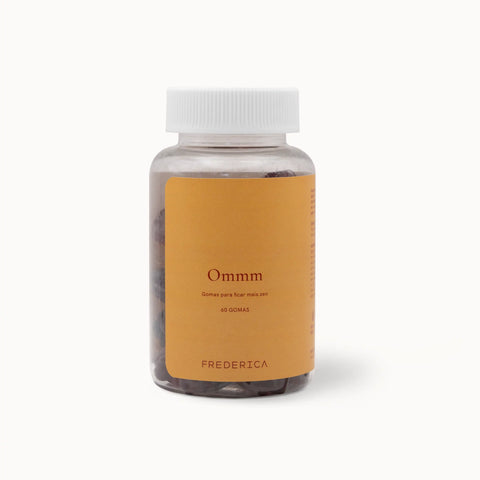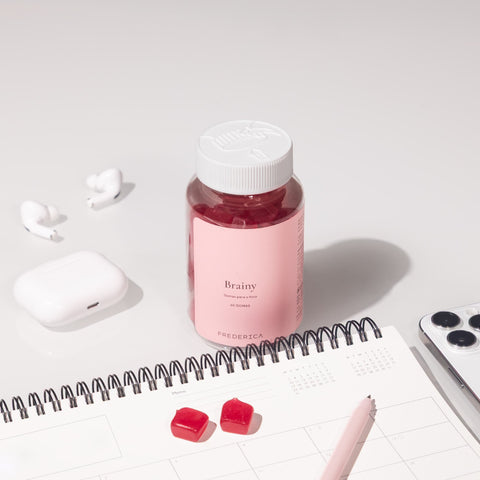It teaches us to look positively at everything we have and to find beauty in what we consider to be imperfect: wabi-sabi is an ancient Japanese philosophy that allows us to face our modern struggles without the illusory feeling that we will achieve perfection .
Not infrequently, we focus on what could be or have been; wabi-sabi focuses on simply appreciating what is. We suffer from the challenges we encounter on our path and wabi-sabi looks at them with acceptance and appreciation, seeing them as something that is part of the nature of life.
Because we are constantly looking to achieve something that makes us happier, we end up not taking advantage of what, in fact, is already ours and already exists. This is where the Japanese concept of wabi-sabi comes in, whose traditional ideologies are based on the importance of appreciating the beauty of imperfection.
The general concepts associated with this way of being in life are impermanence and its central principle is based on the belief that we must nurture everything that is authentic by recognizing three simple realities: “Nothing lasts, nothing is finished and nothing is perfect”.
In Japanese, the meanings and connotations of wabi and sabi evolved over time: wabi was associated with solitude and the beauty of simplicity and sabi was associated with the natural progression of things (the passing of the seasons, for example). As Japanese society evolved, these concepts came to be seen as liberating, with imperfections being something natural, as they result from the progression of life. Together, these terms harmonized to create a more comprehensive conception of appreciating the progression of time, which represents the beauty of impermanence.
This ideology represents the balance between the appreciation of what we have and time, which allows us to understand that everything is fleeting. It is an escape from everything that tries to convince us that we should want more; It is part of mindfulness , because it relates to the importance of full attention – to live in the now and enjoy this unique moment.
What lessons do we learn from wabi-sabi ?
Since the notion of wabi-sabi is something very broad, there are many teachings it transmits to us. One of the main ones lies in the message that everything in our life is impermanent and it is this constant transmutation that allows us to appreciate its beauty.
And on the topic of beauty itself, there is something that wabi-sabi teaches us too. In all of us there is a programmed notion of what beauty is, from the moment we are born. In this sense, without disregarding the care of our body (which is our home), the importance of accepting the fact that there are parts of our being that we cannot change stands out.
How to apply this way of life in everyday life?
We can try to apply these principles in our home, following a minimalist decor line and going against the consumer trend. If we don't need something, why buy it? Being wabi-sabi at home means acquiring pieces that we know will “grow” with us, as we transform ourselves.
Finally, in addition to making use of this Japanese way of being in our inner and outer world, we must also evoke it in our work, understanding that doing multiple tasks simultaneously is not productive – you may even feel like you are doing more , but in reality you are distracting yourself. When there is a project to complete, the important thing is not to be afraid to embrace the idea of isolation from everything that will distract you. This way, everything will flow more quickly. Then, what you have to do is stop, observe, appreciate and continue your work mission.
To apply this philosophy it is necessary to change perspective. We stop looking for perfection and start valuing the current form of what surrounds us. There is no fixed formula for applying these teachings in our daily lives. For some people, wabi-sabi may mean practicing gratitude, for others it may represent the value of knowing how to listen to others, for example. Find the one that works best for you and always remember your ikigai – what moves you every day when you wake up.






























